In Celebration of 50 Years Since the Moon Landing, Neil Armstrong’s Spacesuit Set to Return to Public View
Duplicates of the 3D scanned historic Apollo artifact will also tour Major League ballparks this summer
As Neil Armstrong stepped onto the moon half a century ago and made that historic giant leap, only one thing was shielding him from the vacuum of space: his spacesuit. Though not exactly couture, the bulky white coverall is a deceptively complicated work of engineering that has also become one of the nation’s most prized artifacts.
This summer, the Smithsonian’s National Air and Space Museum launches the iconic artifact back into the public eye, just as the nation is poised to celebrate the 50th anniversary of the Apollo 11 mission to the moon. With the help of cutting-edge digital imaging technology, the museum is bringing the suit back on display in Washington, D.C., as well as crafting physical and digital replicas for space enthusiasts the world over.
After Armstrong and the rest of the Apollo 11 crew returned from their history-making spaceflight, NASA brought the suit along with other artifacts on a nationwide tour before donating it to the Smithsonian. The National Air and Space Museum displayed Armstrong’s suit for about 30 years before pulling it from the floor in 2006, concerned about deterioration.
Now, after more than a decade and making use of more than $700,000 raised from the Smithsonian’s first-ever Kickstarter campaign, the museum has completed its multi-year conservation project and also has digitized the historic Apollo artifact so that authentically realized duplicates can be downloaded and distributed for study and appreciation.
“This is Neil Armstrong's spacesuit. We could not take it apart,” says the museum’s curator and spacesuit historian Cathleen Lewis. “We had to find ways that were the best available and practical solutions to keeping the suit together and also preserving it.”
To get a full picture of the suit and its condition, curators brought in the Smithsonian’s 3D digitization team—including Vince Rossi, one of the “laser cowboys” who helped pioneer the process of 3D-scanning museum artifacts. Rossi and his team have worked to produce highly accurate digital copies of a wide range of objects, from woolly mammoth fossils to Abraham Lincoln’s life masks.
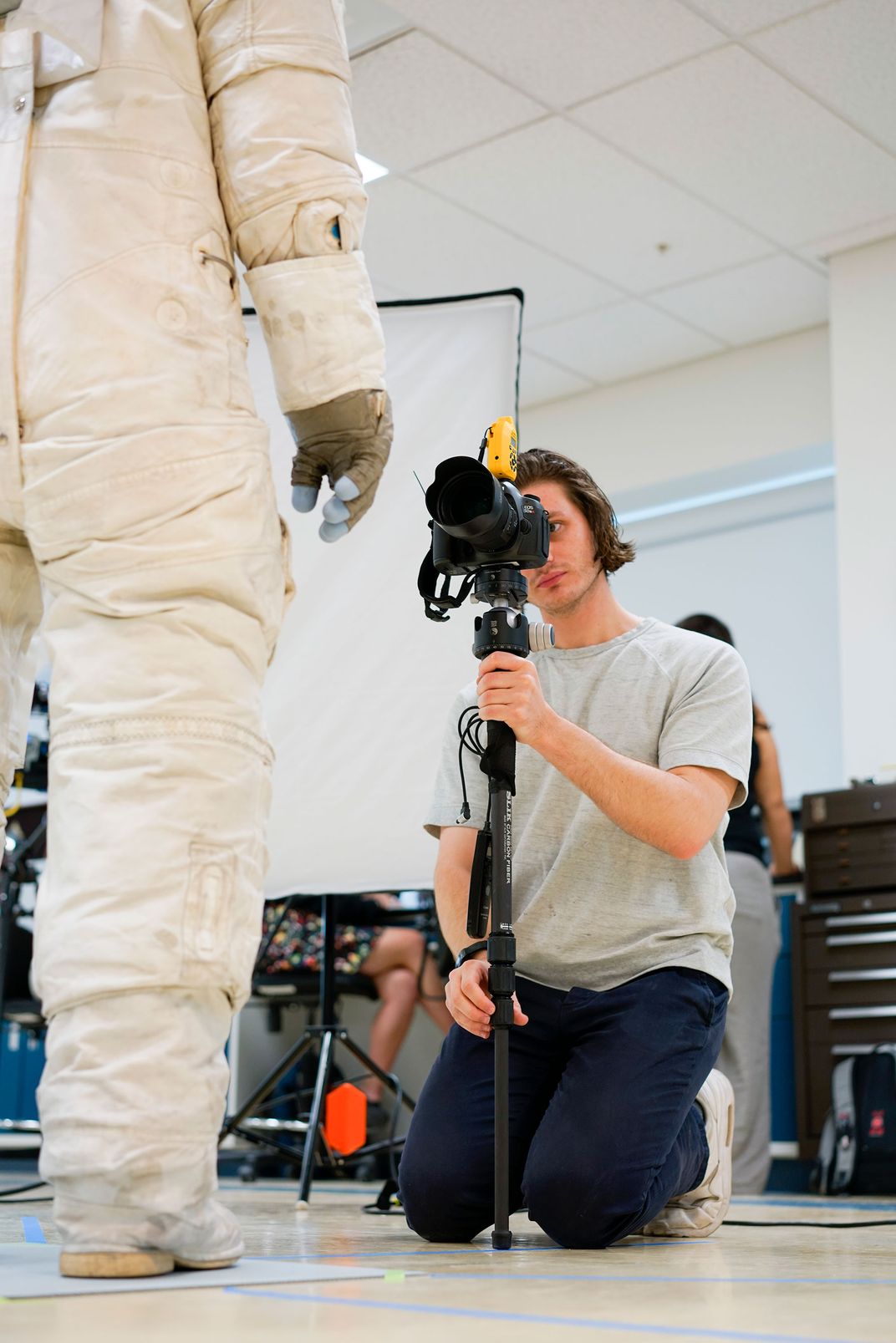
In most cases, the lab would use just one type of scan to recreate an object, Rossi says. For Armstrong’s suit, however, they opted to use four different techniques: laser arm scanning to capture sharp surface detail; photogrammetry to grab accurate color; structured light scanning to record geometry and some more color; and a CT scan using a medical-grade machine from the National Museum of Natural History to document the suit’s interior.
Each type of scan has its strengths and weaknesses, Rossi says—for example, laser scans struggle to capture shiny metal surfaces that send light beams bouncing back—so to create a “world-class 3-D model,” the team wanted to combine all the data they could gather.
“This object represents an incredibly important achievement in human history,” Rossi says. “And it was just such an amazing honor for our team to work on a project like this that we basically used every tool in our toolbox.”
Using the information collected, conservators are dusting off Armstrong’s suit to bring it back on display (they’re leaving the moon dust untouched, though, Lewis says).
With a clear understanding of the internal anatomy of the suit, the team built a customized display structure so the suit won’t suffer further damage from hanging off an ill-fitting mannequin. When the artifact returns to the museum floor on July 16—exactly 50 years after the Apollo 11 mission launch—its display conditions, including the customized mount and air flow maintaining a controlled climate inside the suit, should preserve it just as well as a storage unit would, Lewis says.
That display will also leverage additional X-rays taken of the suit to let visitors peek inside its layers. In this way, the museum is showcasing the suit not just as a historical icon, but as a carefully designed piece of machinery—a “human-shaped spacecraft,” as Lewis describes it.
Smithsonian will also be bringing a piece of that experience beyond museum walls through its upcoming Apollo at the Park project, which will send 15 life-size statues of the Armstrong suit to Major League Baseball stadiums. From Wrigley Field to Yankee Stadium, spectators across the country will have “a little piece of the Smithsonian in their backyard,” says Nick Partridge, public affairs specialist at the Air and Space Museum.
Using the scan data, the museum worked with two companies in California to first create a 3D-printed replica of the suit and then turn that copy into a hollow mold, project head Samia Khan says. Through a process called rotocasting, which essentially involves splashing liquid-hot material around the inside of the mold, they created sturdy resin statues to withstand the outdoors. With some hand-painted finishing touches, the replicas mirror the original suit down to the look of the fabric, Khan says.
The first statue is set to be unveiled June 4 at Nationals Park in D.C., with the rest rolling out throughout the month and remaining until the end of the season.
The goal of the project is in part educational, Khan says—the displays will have “content activation” capabilities so visitors can use their devices to scan over the model and learn more about the suit and the mission. But it’s also about building the emotional connection to the moon landing, even for younger generations who weren’t there to witness the historical moment and haven’t had a similar world-stopping, collective experience in their lifetime.
Though there may not be an obvious link between space and baseball, Partridge says the national pastime recreates some of the same unifying and distinctly American feeling as the Apollo 11 mission once inspired.
“It was a hot July night and everyone was gathered around TVs, and if you had your windows open, you could hear everybody was watching the same thing all at once. You could feel that this was something that the whole country and the whole world was experiencing all at once,” Partridge says. “We thought this was a good way to capture that kind of the energy and meaning and community of July 20, 1969.”
Finally, the suit will blast off into cyberspace as Rossi and Lewis are collaborating to bring a digital model and virtual tour to screens all over the world. Like they’ve done with many of their other 3-D projects, the digitization lab will upload a virtual copy of the spacesuit to their website for users to explore freely. Lewis is also adding annotations so viewers can click on parts of the virtual suit to learn more about how all the pieces fit together into one functioning machine.
“The 3-D model really offers you a deeper experience so that you're not just kind of frozen in one single view that a photographer has chosen for you, but you have the complete freedom to explore any view,” Rossi says. “You're able to look at all these new areas that you can't as a human being in the museum.”
The challenge here for the 3-D team has been that they simply have too much data. The resolution they’ve captured through their high-level scans—measured in polygons, the three-dimensional equivalent of pixels—would overwhelm a normal wireless connection, Rossi says. Also, since some of the scans were taken at different times, with the suit in different positions, the team had to re-align the scans to make sure everything lined up in the final combined model.
Once they’ve worked out the hitches, though, the team will fully open up access to one of the nation’s most prized artifacts. Anyone with an internet-connected device will be able to explore the suit’s nooks and crannies through the virtual model. The team will also be posting the full-resolution data so tech-savvy space fanatics can use it for their own projects, whether that means building a virtual reality experience or even replicating their own piece of the artifact using a 3D printer, Rossi says.
Though the process of “rebooting the suit” has demanded years of hard work, Lewis says she’s been heartened by the public response. Even schoolkids who are generations removed from the memory of the moon landing were pooling their money to help support the project, she says.
While NASA now sets its sights on bringing humans back to the moon and beyond, space enthusiasts all over the world will get to look back and relive the excitement of that first giant leap for mankind.
“This spacesuit is the one really human artifact from the Apollo program that people can identify with,” Lewis says. “That image of Neil Armstrong stepping on the moon is something that has endured for generations; even people who don't have a personal memory recognize it as significant. This is a human being walking on another world.”
Check out some of the National Air and Space Museum’s events, commemorating the 50th anniversary of the Apollo 11 mission:
Apollo 11 Artifact Case (On display)
It took much more than a spaceship to get the Apollo 11 crew to the moon. The museum features a few of the smaller key pieces that played an important part in the mission, including Armstrong’s chronograph and waist tether. The case also highlights the Data Acquisition Camera that was mounted in the lunar module, displayed alongside the film magazine with which it recorded Armstrong’s first steps on the moon.
Apollo at the Park (June 4 through September 29, 2019)
Armstrong’s suit will become a part of America’s national pastime this summer as the museum places 15 life-size replicas at Major League Baseball stadiums across the country. The statues, created using data from the museum’s 3D scans, go up in June and will stay in place until the end of the MLB season.
Lecture: The Future of Lunar Exploration (June 19, 8 p.m.)
NASA has announced plans to establish long-term colonies on the moon and send humans to Mars—but there’s a lot left to understand before that can happen. In the last of the museum’s “Exploring Space” lecture series, NASA Chief Scientist Jim Green will discuss what the future holds for travel to the moon and beyond.
Armstrong Suit Goes on Display (July 16)
After years of conservation work, Neil Armstrong’s spacesuit will go back on display at the Air and Space Museum on the National Mall on July 16, the 50-year anniversary of the Apollo 11 launch.
Celebration on the National Mall (July 18 through July 20, 2019)
Activities are planned for a three-day celebration to mark the semicentennial of the Apollo 11 moon landing.
Discover the Moon Day (July 19)
Retrace astronauts’ steps with a day of family-friendly activities on July 19. Starting at the Lunar Module, visitors can wind their way through the museum for about the same distance the Apollo 11 crew trekked across the moon’s surface. Along the way they’ll encounter stations where they can chat with scientists, check out images from the Lunar Reconnaissance Orbiter and explore a 3D moon model.
Moon Landing Celebration (July 20)
Fifty years after Armstrong took his historic first steps onto the moon’s surface, the museum will celebrate his “giant leap for mankind” with a day of commemorative activities. Night owls will be able to stick around for some after-hours exploration as the museum keeps its doors open until 2 a.m.
/https://tf-cmsv2-smithsonianmag-media.s3.amazonaws.com/accounts/headshot/Maddie_3.jpg)
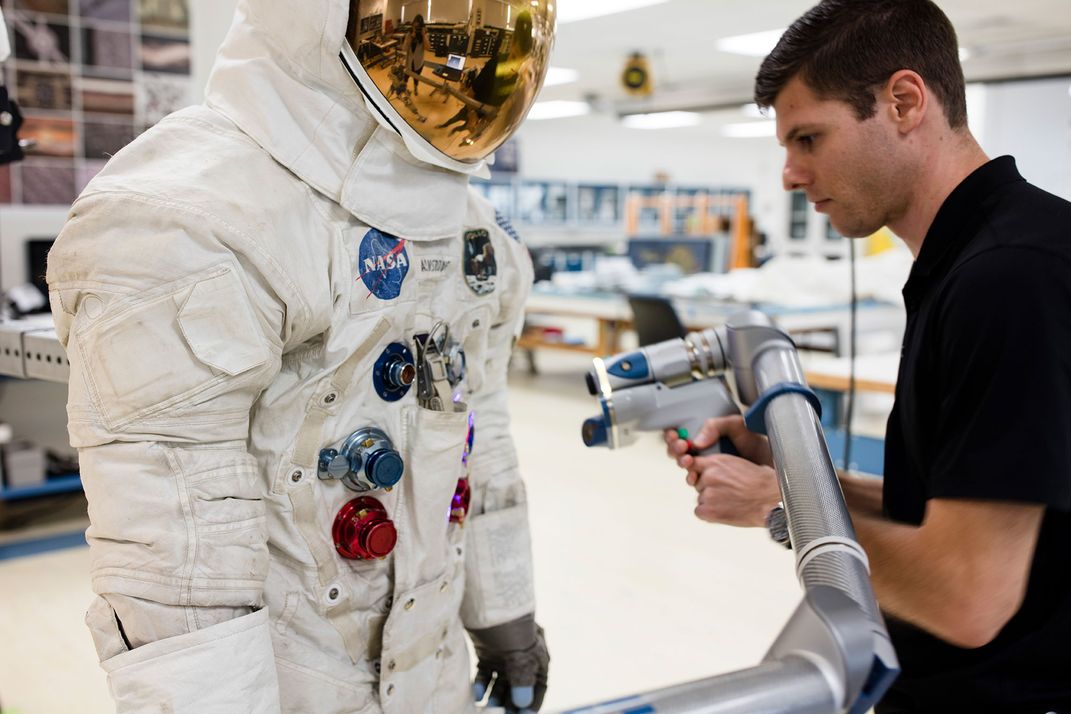
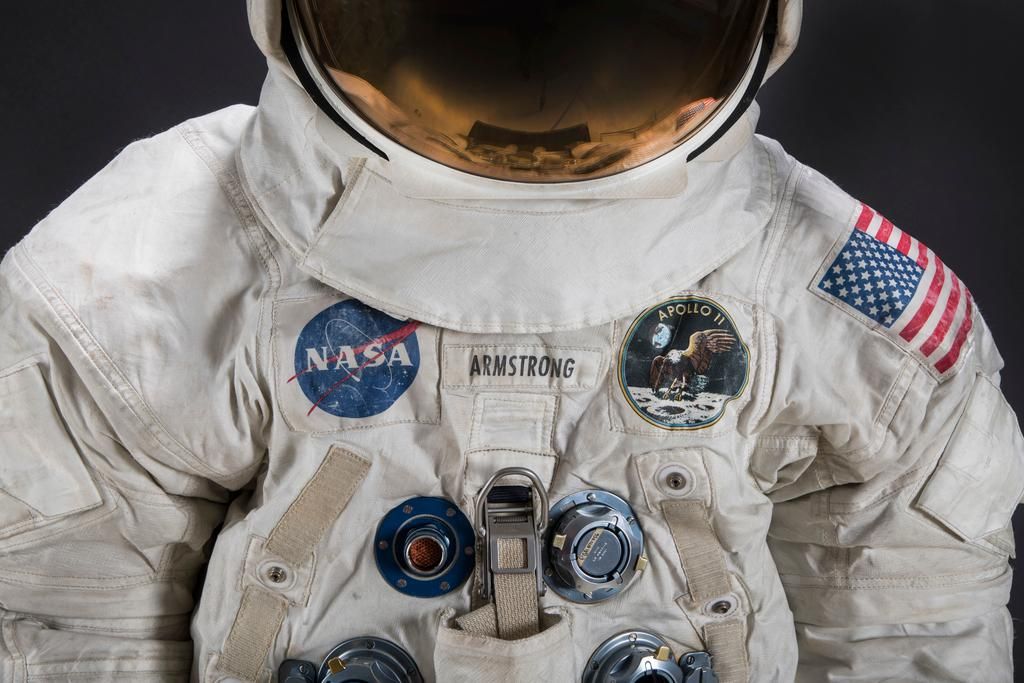
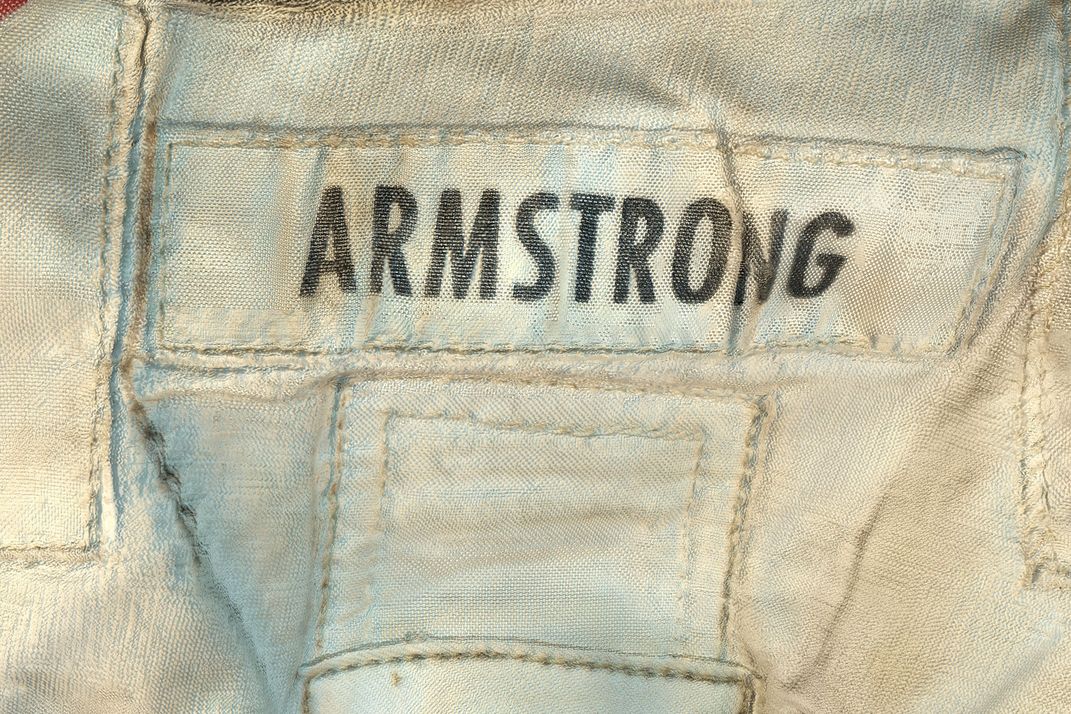
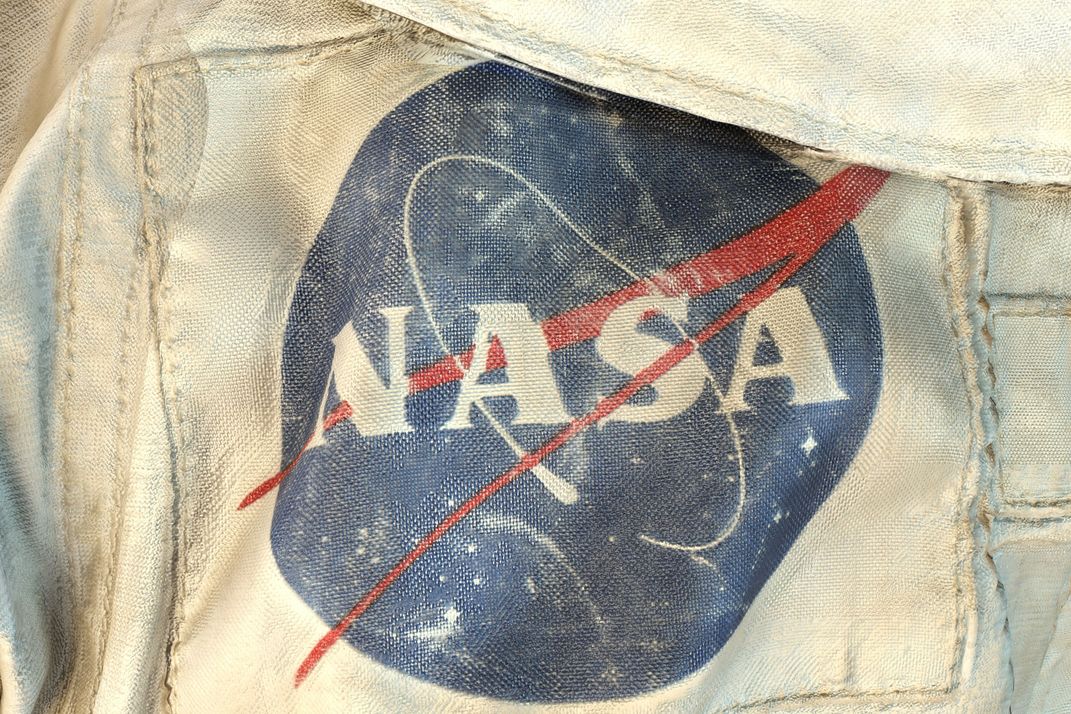
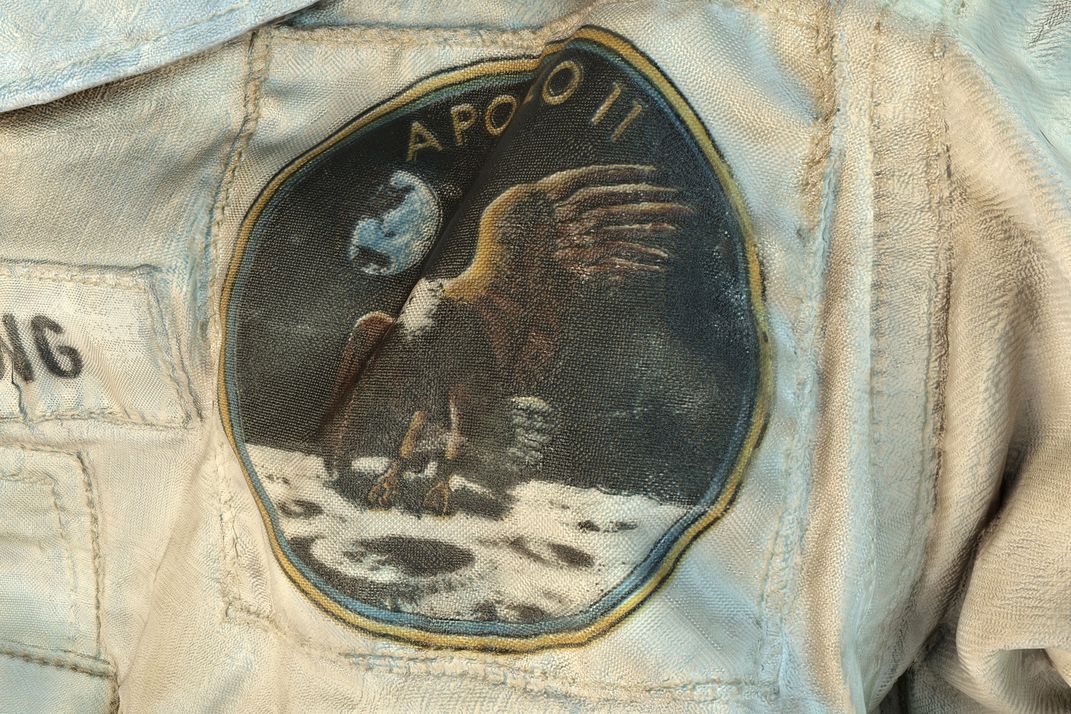
/https://tf-cmsv2-smithsonianmag-media.s3.amazonaws.com/accounts/headshot/Maddie_3.jpg)